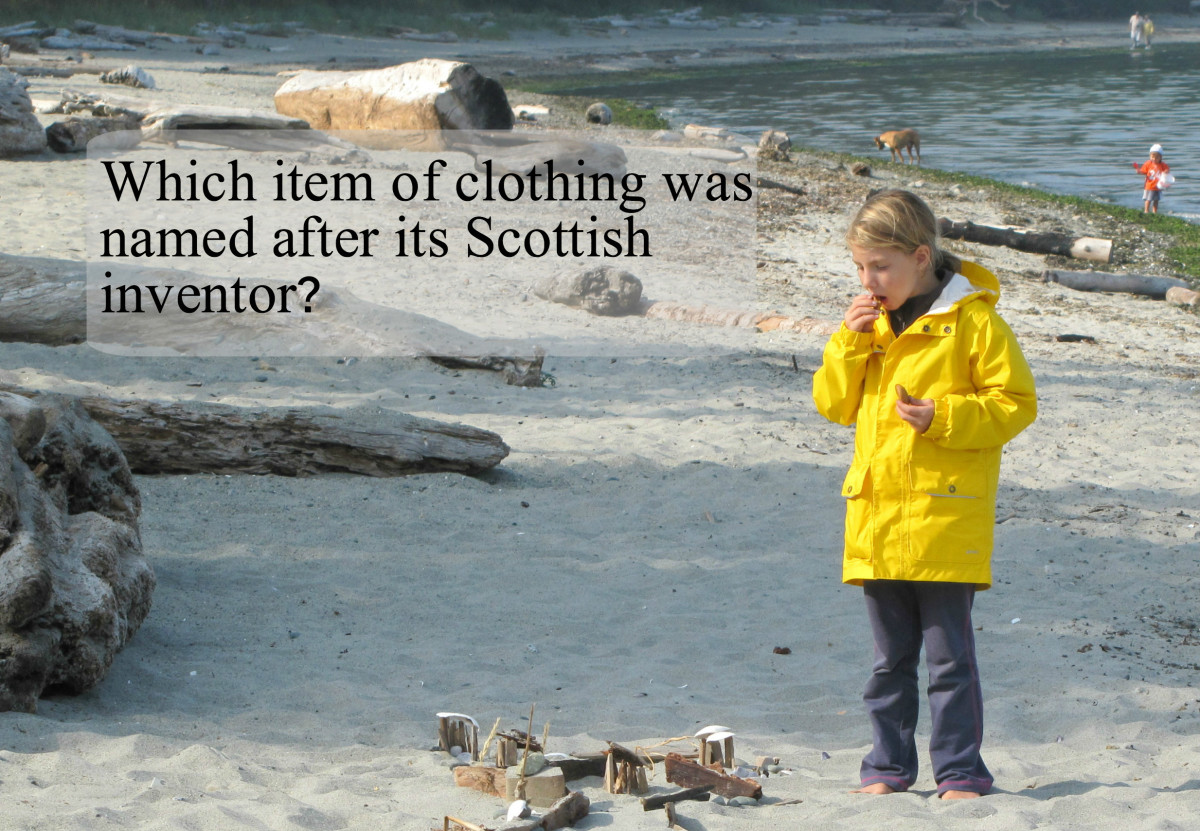Stay in A Tree House, Wayanad
Now the sound of staying in a tree house sounds interesting right. Well, then this time you should experience something different than the usual. This unique experience of staying at the tree house made completely out of bamboo will make your Wayanad tour more special. Whether you are planning for romantic getaway or an outing with friends this will be the best experience for you. The amazing tree houses with quaint thatch roofs and bamboo walls were built by members of indigenous tribes with locally sourced materials. Make some special moments along with your beloved while staying at these tree houses.
Location: District Wayanad, Kolagapara
Price: The approximate price starts from INR 8839 – INR 14015
While you are visiting Kerala, this is one thing which you can’t afford to miss. Elephant bath and shower is one of the most sought activities in Thekady. What could be a better way to enjoy the amazing beauty of Kerala with an elephant ride? Take a tour through the aromatic spice garden while riding on the wisest animal on the planet. Dance to the tune of the Kathakali dance. Explore the natural beauty of this region and then reach the point for elephant bathing. Watch these huge animals in their natural habitat – delight while watching them relax in the beautiful environs. Enjoy feeding and bathing them in the pristine environs of this place. Click some memorable pictures with them and end this one hour.
Timings: Opened from 9:00 AM – 6:00 PM
Price: The approximate price starts from INR 1500- INR 2000 depending on the number of hours.
About the Activity:Fixed departure: 09-11-2016, 16-11-2016, 23-11-2016, 30-11-2016, 07-12-2016, 10-12-2016, 14-12-2016, 17-12-2016, 23-12-2016, 28-12-2016, 29-12-2016, 06-01-2017, 11-01-2017, 18-01-2017, 26-01-2017, 09-02-2017, 14-02-2017, 08-03-2017
- Describing the God's Own Country, Kerala is actually a hard task but here comes an enticing tour package from Delhi that would cover the pulsating destinations Kerala is always proud of.
- Start your journey from Munnar, the hilly region and continue through the seaside locations to the thick forests to the historical sites and capture some opulent moments in this small region of wonders alone.
- Mark your footprints in Munnar, Alleppey, Kovalam and other parts of the capital city, Trivandrum while you partake in this 7 day tour.
- The package includes food, accommodation and transportation during the entire trip which is inclusive of air
- Tea Tasting and Tea Plantation Walk, Munnar

- Known for its mesmerizing beauty Munnar has been always ranked as the best by the tourist. Tea tasting is another activity in Munnar which is becoming a hit among the people. Tea or Chai is the most generally tipsy refreshment in the entire world. The tea plant, Camellia Sansis, is a developed assortment of a tree that has its sources in a region amongst India and China. Munnar is also well known for the tea plantation. Get a chance to pluck tea leaves in these exotic gardens. Also, you to make your own tea with the tea leafs you have collected in the morning while walking in the garden. You can do all processes in the mini factory with the help of workers.Timings: The timing starts from 10.00 am to 05.00 pmPrice: The prices may vary from tour operator to other operator
-
Magnified by water everywhere, Alleppey is the favorite tourist destination in Kerala; it is dedicated to refreshing each visitor’s mind with the salubrious nature and serenity. Alleppey is all green always with the large backwater and umpteen coconut groves. Alleppey backwaters contribute tremendously toward Kerala tourism; the houseboat cruises, resorts, toddy shop food, entertainment shows, water-related activities together weave a wonderful vacation.
Monsoon is the most special season to spend your vacation in Alleppey since the water level is the highest along with Vallamkali or the unique boat race of Kerala could be seen during the months from June to September. Backwaters of Alleppey has a lot more in its storehouse which extends ultimate fun to the visitors; the houseboat running on the stagnant green water is a dream space for honeymoon couples.
All tourists undoubtedly mark Alleppey backwaters as a must visit place while they head for a world tour.
Getting there: Alleppey backwaters are just 2 hours away from Cochin International Airport.
Best time to visit: Anytime is suitable to visit Alleppey backwaters but monsoon exemplifies the entire scenario -
Varkala Beach is one of the famous beaches of Southern India located in the city of Thiruvananthapuram, Kerala. This beach is also known as the Papanasam Beach with the word ‘Papanasam’ meaning ‘wash away your sins’. It is believed that a dip in the waters of this beach would wash away all your sins.This region is quite famous amongst tourists owing to the fact that it is the only region in Kerala where cliffs can be seen adjacent to the Arabian Sea. These cliffs are considered to be unique geographical features owing to the fact that they are the only elevation on the otherwise flat surface of Kerala. The geologists have termed these cliffs as Varkala Formation, which has now been declared as a geological monument by the Geological Survey of India.Considering its beautiful location and amazing scenic beauty, this place is counted as one of the top KeralaApart from this, the beach also serves as an elegant spot for various kinds of water sports and spas, which is enjoyed in abundance by one and all who visit the Varkala Beach.
- sightseeing places. This beach is a heaven for sun bathers and swimmers. And it also has an array of spas and exotic restaurants. People come here in masses each year to enjoy the aura of this place along with getting a beautiful glimpse of the setting sun, which is quite mesmerizing to experience.
-












